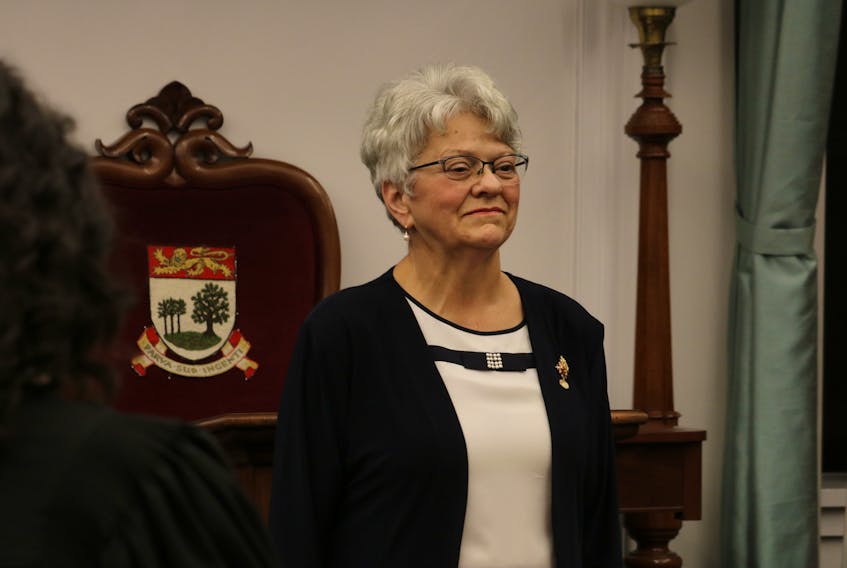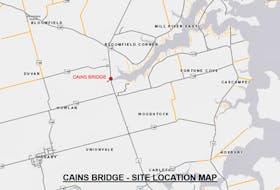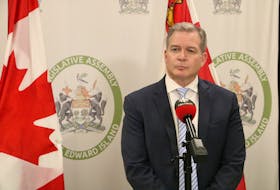The government of Dennis King has overcome another hurdle after passing the first budget of its mandate, with support from both the Opposition Liberal and Green parties.
The budget was passed with 23 out of 25 MLAs in support and represented the second confidence motion passed by the minority Progressive Conservative government. A speech from the throne was passed in June.
Green MLAs Ole Hammarlund and Hannah Bell were the sole dissenting votes against the budget. Most of the Green caucus and all of the Liberal and PC caucus voted in support of the budget.
The budget will see $117.6 million in new expenditures by the provincial government, including $36 million in new health spending and $19 million in new educational spending, over the 2019/20 fiscal year.
Failure to garner a majority of MLA votes for the budget would have meant the fall of the King government.
The tabling of this budget was preceded by negotiations between the house leaders of all three parties.
Premier King said the passage of the budget represented a show of stability for his minority government.
"For the first time in the history of this legislature, all three parties had input into the budget," King said.
He added that the speech from the throne was also developed collaboratively.
"Those are two, I would dare say, historical events here in this legislature," King said.
Green Leader Peter Bevan-Baker also said the spring sitting had been positive and co-operative.
He said the introduction of standing committees with equal representation from all parties was the most significant early accomplishment of the minority government in P.E.I.
"I think that's going to have a really profound long-term impact on the function of the legislature,” Bevan-Baker said.
Bevan-Baker said he was pleased his caucus passed four private members bills, including an amendment committing to more stringent greenhouse gas reduction target for the year 2030.
“We now are the province that's leading the way in Canada. Prince Edward Island has never shied away from being leaders when it comes to environmental issues," Bevan-Baker said.
Liberal leader Robert Mitchell echoed these sentiments.
"Obviously, today is a positive day. The budget was supported by all three parties. That means a lot to Islanders," Mitchell said.
Mitchell also said the unanimous creation of two special committees – one focused on climate change and another on poverty – was also a positive development.
But there were some notable cracks in the collaborative façade of the minority government.
Mitchell acknowledged several key items requested by his caucus wound up as only “half-measures”.
"As a caucus or as a third party, we felt a little short-changed on some of our budget expectations. But there was a bit of a commitment that we can continue to talk over that over the summer," Mitchell said.
Bevan-Baker acknowledged that Bell voted against the budget, in part, due to the lack of a funded commitment to the creation of a commission on a basic income guarantee.
The PCs instead committed to funding a secure income pilot, which would provide financial assistance to up to 400 Islanders living in poverty.
Bevan-Baker said he was unclear on the reasons for Hammarlund voting against the budget.
"Ole didn't share with me what his reasons were for voting against it were. My guess is it's at constituency level, but I don't know that," Bevan-Baker said.
Bell said the Green caucus had pushed for four key items in the budget, including a funded commission to study the feasibility of the basic income guarantee.
In the end, Bell said the budget did not provide financial support for a basic income guarantee.
"That speaks to there being a gap between what's being said in terms of collaboration and the actual, real commitment to that happening at the departmental and minister level," Bell said.
Sidney MacEwen, the government house leader, said he had communicated to the Green caucus that the premier wanted a basic income guarantee studied within a standing committee, as opposed to an independent commission.
“Perhaps there was confusion amongst the members about that," MacEwen said.
[email protected]
Twitter.com/stu_neatby









